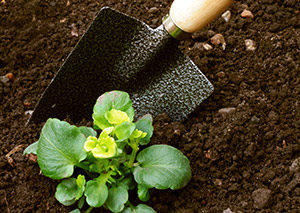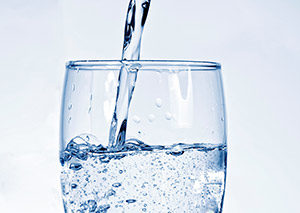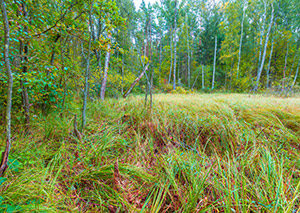Cattle Pastures Positively Impact The Environment

How Cattle Pastures Help the Environment
Protecting our environment is a responsibility that we all share. Cattle Pastures can aid in this responsibility.
Carbon emissions have long been a concern for the planet, and agriculture is typically at the heart of this problem. With the majority of organic carbon from the soil disappearing into the atmosphere, we need better ways of replenishing the nutrients of our soil and reducing carbon emissions.
When it comes to food, it makes sense that you’d want to choose the best source of protein for you as well as for the planet. Through purchasing grass-fed beef, you support cattle pastures that actually help the environment! How exactly do cattle pastures benefit the planet?
Restore Soil Quality
Over time, farming land results in poor soil quality due to erosion and depletion of nutrients in the soil. Instead of abandoning these fields or putting chemical fertilizers on them, cattle pastures can help replenish organic matter in the soil and stop erosion naturally.
Allowing cattle to graze can also help curb greenhouse gas emissions—it helps keep carbon in the soil rather than allowing it to escape into the atmosphere as carbon dioxide. Proper utilization of cattle grazing can build nutrients in the soil, resulting in better structure and quality, as it stops erosion and returns organic matter back to its source.
Reduce Environmental Damage
Not only do cattle pastures help improve the lives of animals grazing, as they’re allowed to live their lives naturally, but they also help reduce damage to the environment.
This is because cattle pastures have limited reliance on fossil fuels. For larger factory farms, feed is transported via trucks and waste is also transported out, increasing the use of fuel that leads to greater carbon emissions.
When cattle are allowed to graze on the land as they would in nature, they feed themselves and spread their own manure, not only increasing the quality of the soil, but also reducing your carbon footprint when you purchase grass-fed beef!
Create Better Drinking Water
The harmful consequences of cattle grazing are almost always the result of abuse of the system.
This usually means having too many cattle in too small a space, or having a poorly designed space for grazing. When this happens, nitrate can run off the pasture and contaminate drinking water supplies, which creates harm not only to wildlife, but to the people who have access to this water.
With properly maintained cattle pastures that are carefully planned and monitored, nitrate runoff is significantly reduced and the soil retains its nutrients, which creates a better quality of drinking water and protects both people and animals from toxicity.
Improve Wildlife Habitats
Cattle are natural grazers, spending their days eating wholesome grasses to provide them with all the nutrients they need to be healthy. Their instinctive grazing habits have benefits for wildlife habitats, too. Since pastures provide plant diversity and plant cover, this habitat provides shelter and food for wildlife in addition to the cattle.
Since natural cattle pastures don’t use any types of pesticides or herbicides, this helps reduce the amount of poison that can contaminate the soil, water, and air surrounding the pasture, helping animals and people be healthier and resulting in improved soil quality and structure.
When cattle are allowed to live as they would in the wild, they are inherently part of a healthier ecosystem that benefits all life.
Did you know that your local grass-fed beef purchase could have such an impact on the environment? By choosing protein sources from animals that were treated humanely, allowed to live naturally, and help improve the environment, you can be part of a stronger ecosystem for us all!



